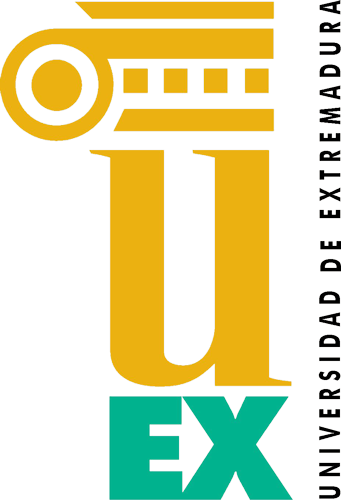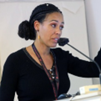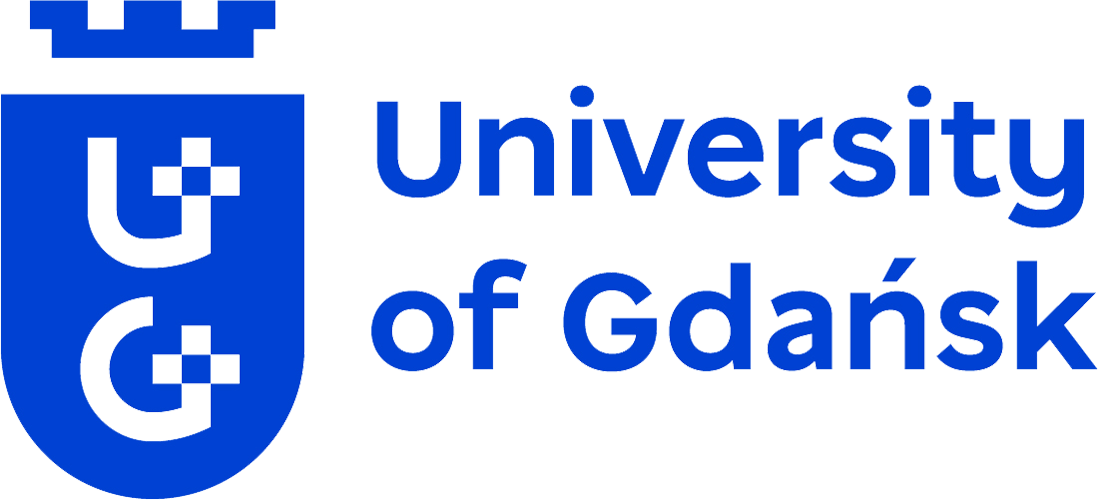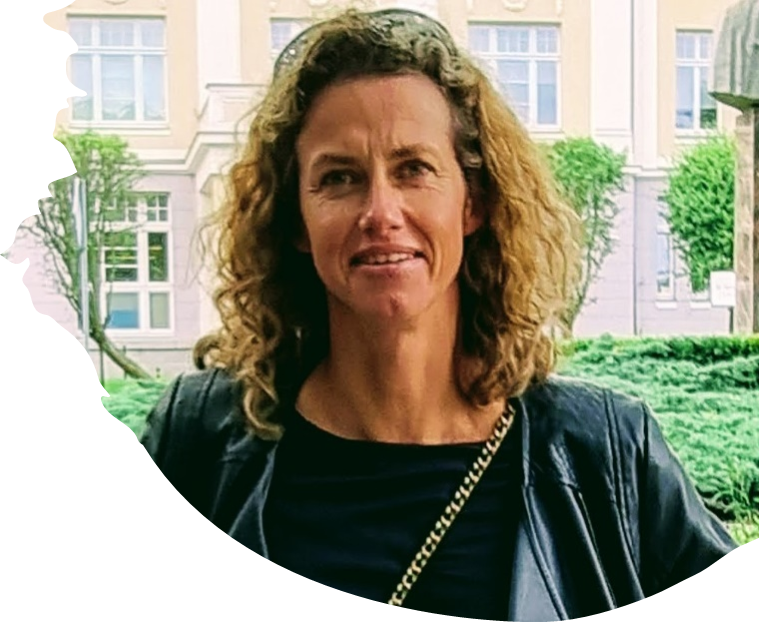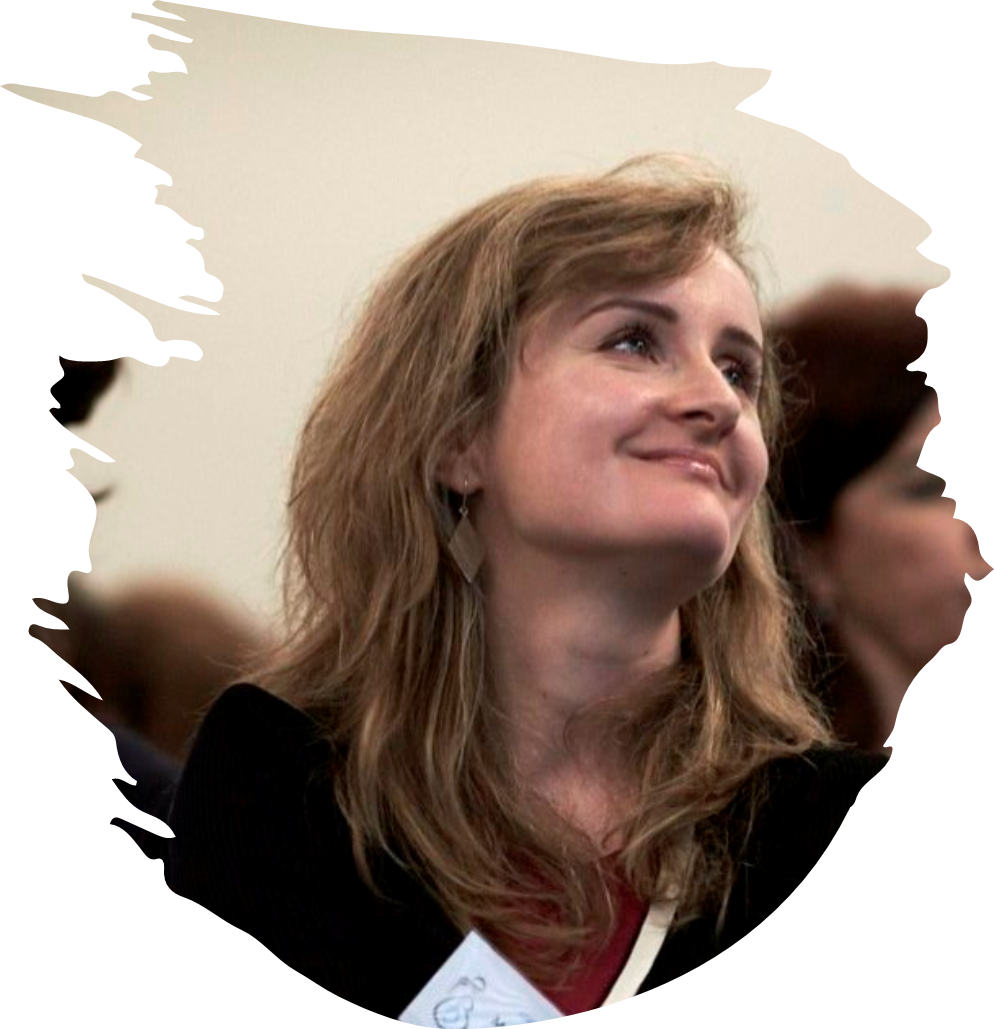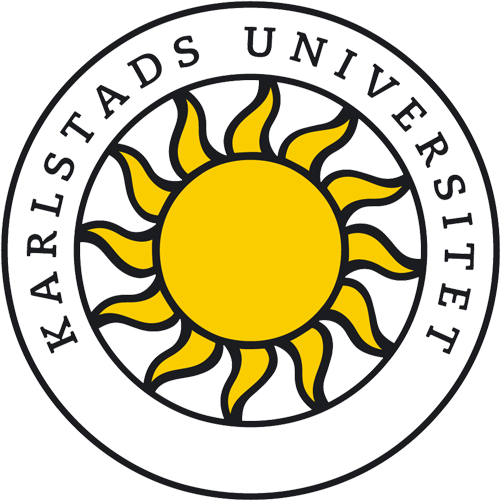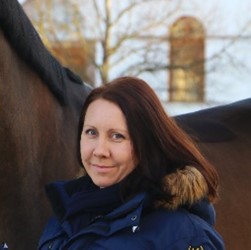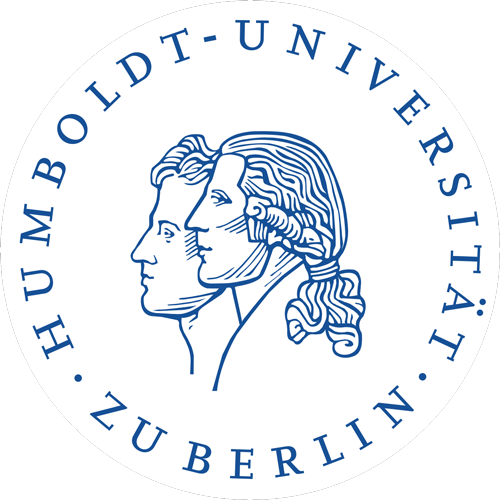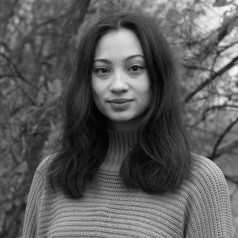Università degli studi Gabriele d’Annunzio
di Chieti-Pescara (Italy)
Università degli studi Gabriele D’Annunzio di Chieti-Pescara

The ‘Gabriele d’Annunzio’ University, established in 1965 as a “Libera Università”, became state-owned in 1982. Today, UdA comprises fourteen Departments, five of which are organized under the School of Medicine and Health Sciences and two under the School of Economics, Business, Legal and Sociological Sciences.
UdA offers 1st and 2nd cycle courses, PhD courses, and also post-graduate courses including I and II level Master’s Program, Specialization schools and Specialist training courses. About 36.000 students are currently enrolled at UdA. Scientific research and Internationalization are of outmost importance at UdA.
The two Campuses are: Chieti, the registered address and operating headquarters, also the seat of the Rector and the General Directorate, and Pescara. Located within an urban and metropolitan setting characterized by a high degree of hospitality and comfort, the Campuses offer high standard facilities, laboratories, and libraries, as well as recreational and sport areas.
The university has both the School of Sport Sciences and the School of Psychology and has around 60 professors in these two sectors which are related to the objectives of the project. The project will contribute to improving and implementing professions within the framework of sport science, psychology, medicine, and health science.
Project Teams and Staff
Maurizio Bertollo
Project Manager, Rector’s delegate for international affairs. Expert in sport psychology and psychophysiology.
Glauco Conte
Administrative personnel. Head of the International office and expert in European projects and laws.
Lorella De Lellis
Administrative personnel. Head of the administrative office of Department of medicine and aging science.
Claudio Robazza
Senior Researcher. Professor of methods and didactics of physical activity. Expert in sport psychology with emphasis on emotion and self-regulation.
Marika Berchicci
Senior Researcher. Associate Professor of psychobiology. Expert in psychophysiology and EEG.
Selenia Di Fronso
Expert and Researcher. Assistant Professor of methods and didactics of physical activity. Expert in sport psychophysiology with emphasis in self-regulation and stress-recovery balance.
Universidad de Extremadura (Spain)
Universidad de Extremadura

The University of Extremadura is a public institution committed to Society, whose mission is the comprehensive education and training through the creation of knowledge and the cultural promotion by means of a quality teaching and research. The University of Extremadura has approximately 20.000 students, 2.187 teachers, 1.054 administrative staff, 40 academic departments, 205 research groups, 1.568 researchers 17 faculties and 2 associated university centres, distributed between its four campuses (Badajoz, Cáceres, Mérida and Plasencia). The academic offer of the UEX includes 74 Bachelor Degrees, 8 Double Degrees, 7 International Double Degrees, 47 Official Masters and 22 Doctorate Programmes.
It offers not only a high quality teaching and research, but also a wide range of services and facilities to support local and international students coming from all over the world: International Students Welcome Office, Student Assistance Unit, Academic Counselling, International Office, International Summer Courses, Spanish Language and Culture Courses, Modern Languages Institute, etc.
UEx technical capacity has been recognized through its participation in several international programmes such as ERASMUS+, ERASMUS MUNDUS, JEAN MONNET, ATLANTIS, LEONARDO DA VINCI, ALFA or TEMPUS.
The University of Extremadura has been recognized as “Campus of International Excellence” with the project HIDRANATURA on Efficient Management of Natural Hydrological Resources. This positions UEx as a point of international reference.
UEx is responsible of the 90% of scientific knowledge produced in Extremadura and is the only university in the region. For this reason, UEx takes part of the national G9 group set up by 9 national public Universities which are alone in their regions. The modernisation strategy of the UEx gives special relevance to its Internationalization, by focusing on stimulating the international excellence in teaching, research and innovation, and on strengthening its international dimension and the interaction with businesses.
Project Teams and Staff
Francisco Miguel Leo
Senior Researcher. Associate Professor of didactic and methodology in Physical Education. Expert in sport psychology and focused on group dynamics, motivational processes and leadership.
Tomás García-Calvo
Senior Researcher. Full Professor of team management and soccer. Expert in sport psychology and focused on group dynamics and mental load.
Juan José Pulido
Senior Researcher. Assistant Professor of didactic and methodology in Physical Education. Expert in sport psychology and focused on group coaches´ behaviors and motivational processes
Miguel Ángel López-Gajardo
Senior Researcher. Assistant Professor of didactic and methodology in Physical Education. Expert in sport psychology and focused on group dynamics and team resilience
Universite Lyon 1 Claude Bernard (France)
Universite Lyon 1 Claude Bernard
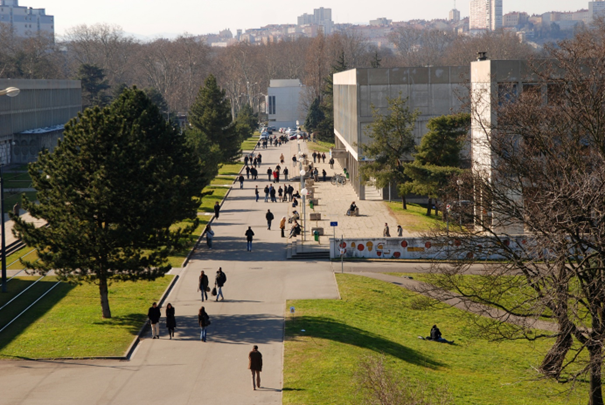
The Claude Bernard Lyon 1 University is a multidisciplinary university with over 45,000 students enrolled each year in the fields of science, technology, health, sports and teaching. More than 10% are foreign students from 140 countries. Approximately 10,000 students graduate each year and nearly 80% of students enroll in courses leading to professional qualifications. Created by decree at the end of December 1970, Lyon 1 Claude Bernard University (LYON 1) has, over the years, created various sites in the region, developed research laboratories and seen its student population grow. Lyon1’s campuses have recently been enriched by the addition of major innovation sites (e.g., the Axel’One Campus platform in 2018). With an ever-increasing number of students, Lyon 1 University has developed internal resources to meet the European objectives of inclusive universities. Lyon 1 pays attention to its training and teaching methods, setting up new teaching platforms and many innovative educational projects, including personalized support for staff and students with special needs. Some key figures: 11 sites, 15 faculties, 9 university libraries, more than 1,000 courses preparing students for a wide range of professions, around 4,800 employees including nearly 2,800 teachers and professors, and a budget of €421 million (2018 annual report). The University of Lyon 1 and more specifically the STAPS departement (Sciences and Techniques of Physical and Sports Activities) will be in charge of the pedagogical management of this project. This department welcomes more than3,000 students in s ports science, including more than a hundred elite athletes, and is one of the most important French Sport Sciences department. More than 90 teachers and researchers teach courses in the various training programs.
Project Teams and Staff
Emma Guillet Descas
French co-project manager. Senior Research. Associate Professor of Sport Psychology. Expert in motivation, engagement and sport burnout.
Virginie Nicaise
Senior Research. Associate Professor of Sport Psychology. Expert in parental motivational climate and vulnerabilities in sport.
Guillaume Martinent
Senior Research. Associate Professor of Sport Psychology. Expert in emotional Intelligence, coping strategies and positive psychology.
Cinzia Cecchetto
Erasmus+ Projects Assistant at the International Relations Office .
Universytet Gdank (Poland)
Universytet Gdank
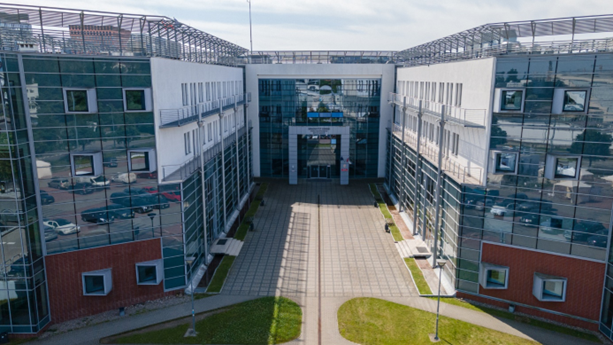
The University of Gdańsk is the largest educational institution in the Pomerania region. It has eleven faculties with almost 28 000 students, doctoral students and post-graduates, who are taught by academic staff of 1700 people. University of Gdańsk has an indisputable influence on the development of modern Poland, science and higher education. We have eleven faculties with over 25 thousand students, doctoral students and post-graduates, who are taught by more than one thousand seven hundred academic staff. In such fields of study as Biology, Biotechnology, Chemistry, Oceanography, Quantum Physics, Pedagogy, Psychology, Law and Economic Sciences, the University of Gdańsk is one of the best institutions in Poland. The University of Gdańsk cooperates with universities, tertiary colleges and scientific and research institutions in almost every country around the world. Participation in the European and international programmes allows for the expansion of the University of Gdańsk and has an impact on its research and teaching base. The University of Gdańsk is a dynamically developing institution of higher learning, and one that combines respect for tradition with a commitment to the new. It offers education in nearly all fields of academic knowledge, in sought-after professions on the job market and in state-of-the-art facilities in its Gdańsk, Sopot and Gdynia campuses. It is currently one of the most modern academic centres in Poland. The University of Gdańsk boasts significant scientific achievement which enforces its leading position, particularly through activity and research connected with the sea. In this regard, the University has been involved in cooperation with scientific research centres from nearly all corners of the globe. UG has a hands-on experience in implementing projects: from 2002 to January 2020 the UG signed about 420 agreements to obtain funding for European and international projects. Among the successes of the UG has been its participation in the special programme by the Foundation for Polish Science – International Research Agendas, based on creating innovative centres of excellence in Poland with the co-operation of the best researchers from the entire world. The UG has won the programme twice, receiving funding to create two agendas – the International Centre for Cancer Vaccine Science and the International Centre for Theory of Quantum Technologies. Currently, The University of Gdańsk is involved (as one of five Polish universities) in the creation of a network of European universities selected in the ‘European Universities’ competition organised by the European Commission. In conjunction with its partners, the University of Cádiz (Spain), the University of Split (Croatia), the Université de Bretagne Occidentale (France), Kiel University (Germany) and the University of Malta (Malta), the University of Gdańsk forms a consortium of the European University of the Seas (SEA-EU). The University has been a two-time winner of the special programme of the Foundation for Polish Science, the International Research Agendas, aimed at establishing in Poland innovative centres of excellence with the participation of the best researchers from across the world. The University is involved in intensive ongoing activity aimed at improving the quality of the scientific research conducted and for this purpose it has received funding as part of the “Excellence Strategy – Research University” programme by the Ministry of Science and Higher Education. The University’s core values are: the rational pursuance of truth through original scientific and scholarly research, a respect for the best models in world science and scholarship, modern education in the service of the development of civilization and society, mutual respect and trust, tolerance for diversity of views, and solidarity within the entire academic community. The University’s mission is to educate valued graduates who are provided with the broad and many-facetted knowledge, skills, and competences essential in knowledge-based socioeconomic life, and to make a lasting contribution to scientific and scholarly knowledge of the world and to the solving of important contemporary problems.
Project Teams and Staff
dr. Dagmara Budnik-Przybylska
National project coordinator, sport psychologist, Assistant Professor in Sport Psychology Department – research interest: imagery in sport, psychology of individual differences
prof. Maria Kaźmierczak
Associate Professor in Department of Family Studies and Quality of Life, research interest: empathy, family, psychology of individual differences
dr. Jacek Przybylski
Sport psychologist, 2nd class swimming coach, instructor of diving, skiing, tennis, team games and windsurfing, Assistant Professor in Sport Psychology Department, research interest: stress and mental toughness in sport
Karlstads Universitet (Sweden)
Karlstads Universitet
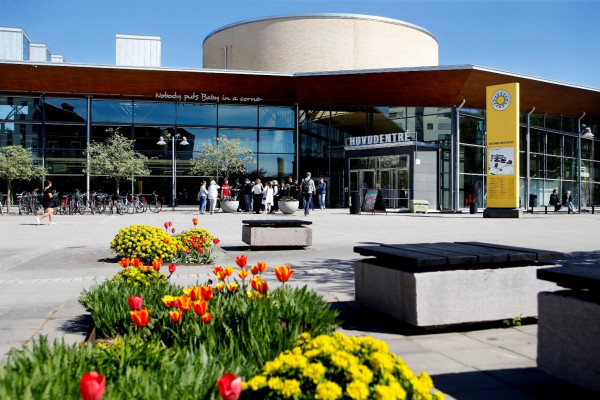 Karlstad University is a comprehensive university that offers degrees at bachelor, master and doctoral level. Karlstad offers programmes from our Faculty of Humanities, the Faculty of Health Humanities, the Faculty of Health Sciences, Nature and Technology and teacher education in areas such as mathematics computer science, environment, nursing, sports science, gender, business, law, politics and teacher education. It offers more than 80 programmes, 700 courses in 60 subjects to 16,000 students and 230 PhD students. Karlstad University’s mission is to challenge the established and explore the unknown. Students and staff have the opportunity to develop knowledge and skills that enrich the individual and contribute to a sustainable society. Curiosity, courage and perseverance characterise the creative academic environment. The scientific and artistic foundations of Karlstad University are safeguarded by a testing approach. Karlstad University is also an international university: all students have access to international experience, either through study abroad, the University has all students have access to international experience, either through study abroad, the University has more than 200 exchange partner universities, or through internationalisation brought in by our international experts or in global classrooms.
Karlstad University is a comprehensive university that offers degrees at bachelor, master and doctoral level. Karlstad offers programmes from our Faculty of Humanities, the Faculty of Health Humanities, the Faculty of Health Sciences, Nature and Technology and teacher education in areas such as mathematics computer science, environment, nursing, sports science, gender, business, law, politics and teacher education. It offers more than 80 programmes, 700 courses in 60 subjects to 16,000 students and 230 PhD students. Karlstad University’s mission is to challenge the established and explore the unknown. Students and staff have the opportunity to develop knowledge and skills that enrich the individual and contribute to a sustainable society. Curiosity, courage and perseverance characterise the creative academic environment. The scientific and artistic foundations of Karlstad University are safeguarded by a testing approach. Karlstad University is also an international university: all students have access to international experience, either through study abroad, the University has all students have access to international experience, either through study abroad, the University has more than 200 exchange partner universities, or through internationalisation brought in by our international experts or in global classrooms.
Project Teams and Staff
Henrik Gustafsson
Professor in Sport Science. Project Manager. Expert in sport psychology and the application of CBT in sport.
Christian Augustsson
Assistant Professor. Expert in sport psychology with specialization on elite sports and children in sport.
Gabriella Torell-Palmquist
Expert in sport pedagogy and coach education. Head teacher in education at the Swedish National Equestrian Centre at Strömsholm.
Stefan Wagnsson
Associate Professor in Sport Science. Expert in sport psychology with specialization in Children and youth sports, focusing on positive youth development (PYD), motivational processes and parental involvement.
Humboldt-Universitaet Zu Berlin (Germany)
Humboldt-Universitaet Zu Berlin
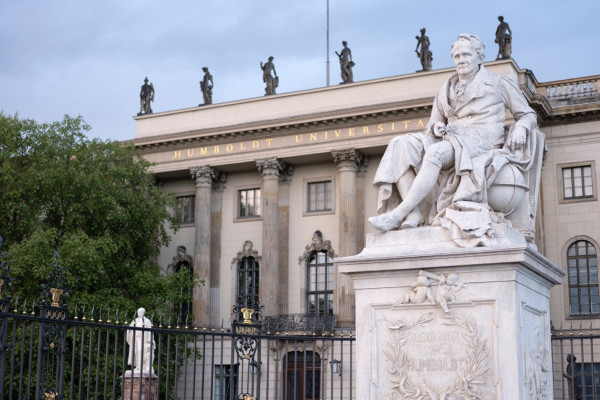
More than two hundred years ago, in 1810, Wilhelm von Humboldt’s vision of a new type of university became reality. The newly founded Prussian alma mater was the first to introduce the unity of research and teaching, to uphold the ideal of research without restrictions and to provide a comprehensive education for its students. As one of eleven German universities, the Humboldt-Universität was chosen “University of Excellence” in June 2012. It was successful in all three funding lines in the third round of the Excellence Initiative of the German federal and state governments and awarded for its future concept “Educating Enquiring Minds: Individuality – Openness – Guidance”. In an international comparison, Humboldt University ranks among the top ten of German universities. Scientists here research socially relevant topics and challenges of the future and communicate these with the public. Its aim is to promote young talents and to positively influence society and economy outside the university framework. The university is divided into nine faculties, including its medical school shared with the Free University of Berlin, has a student enrollment of around 38,000 students, and offers degree programmes in 171 disciplines from undergraduate to postdoctorate level. Its main campus is located on the Unter den Linden boulevard in central Berlin.
Project Teams and Staff
Franziska Lautenbach
Professor of sport psychology. Research expertise in emotion and cognition. Certified sport psychological expert for the applied field.
Gantima Praisan
Research assistant. Student of M.Sc. Sport and Exercise Psychology








